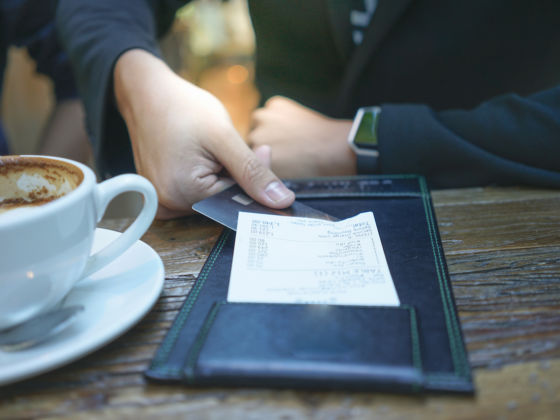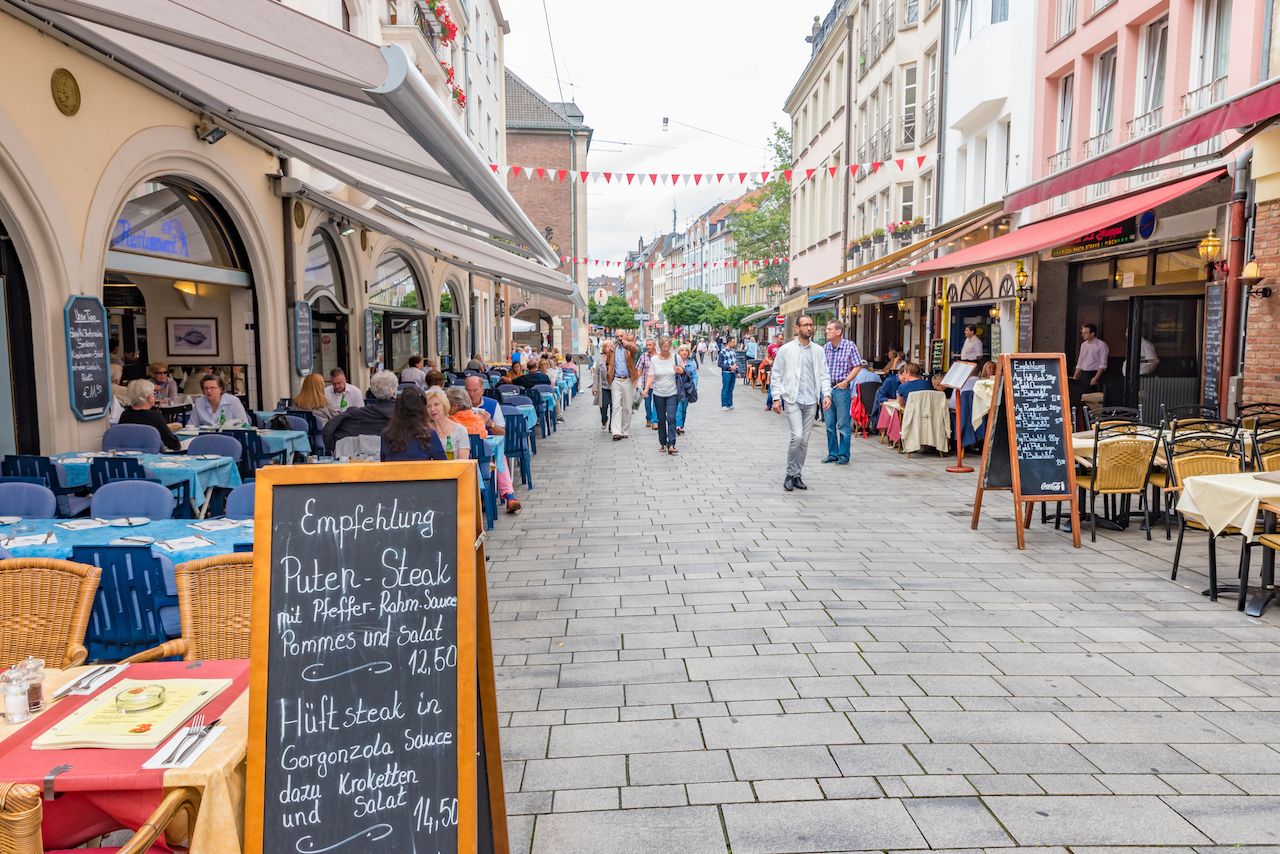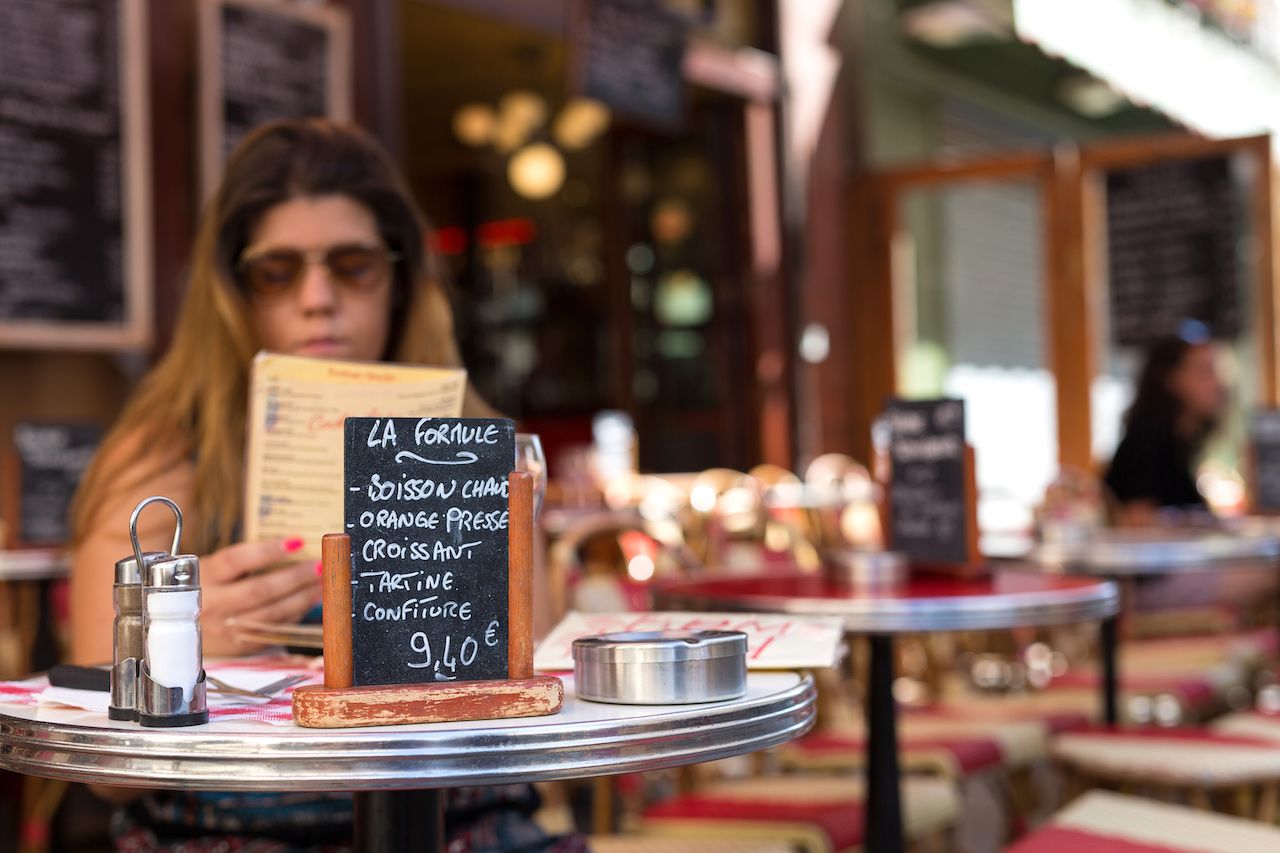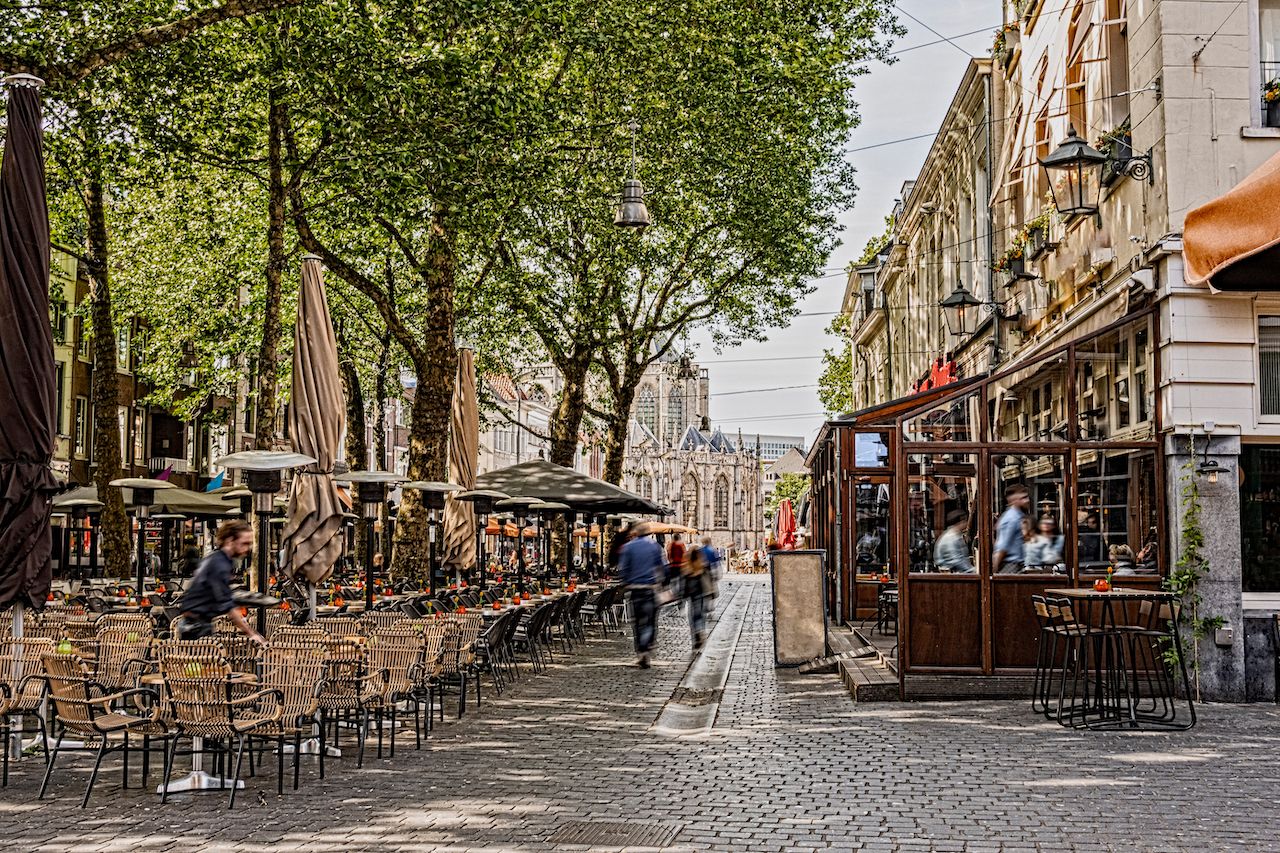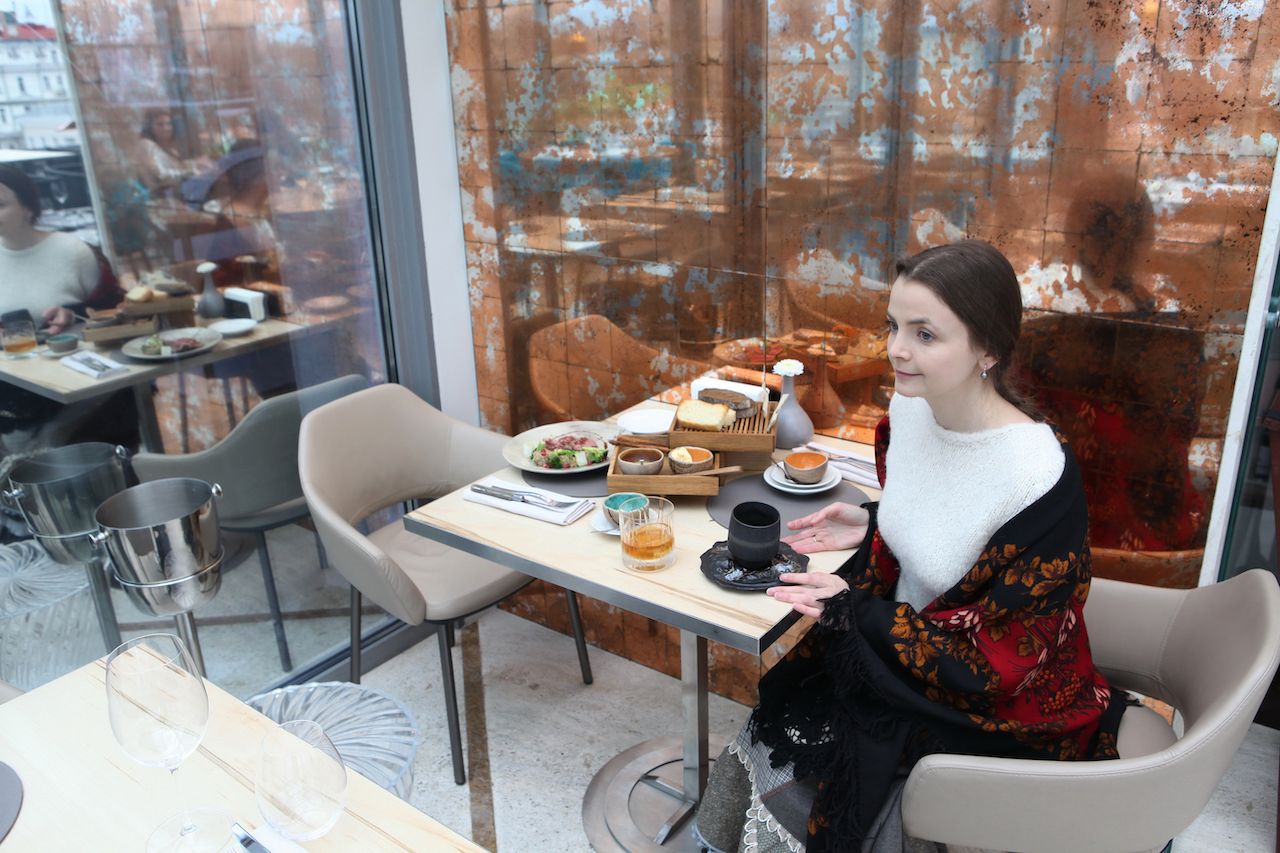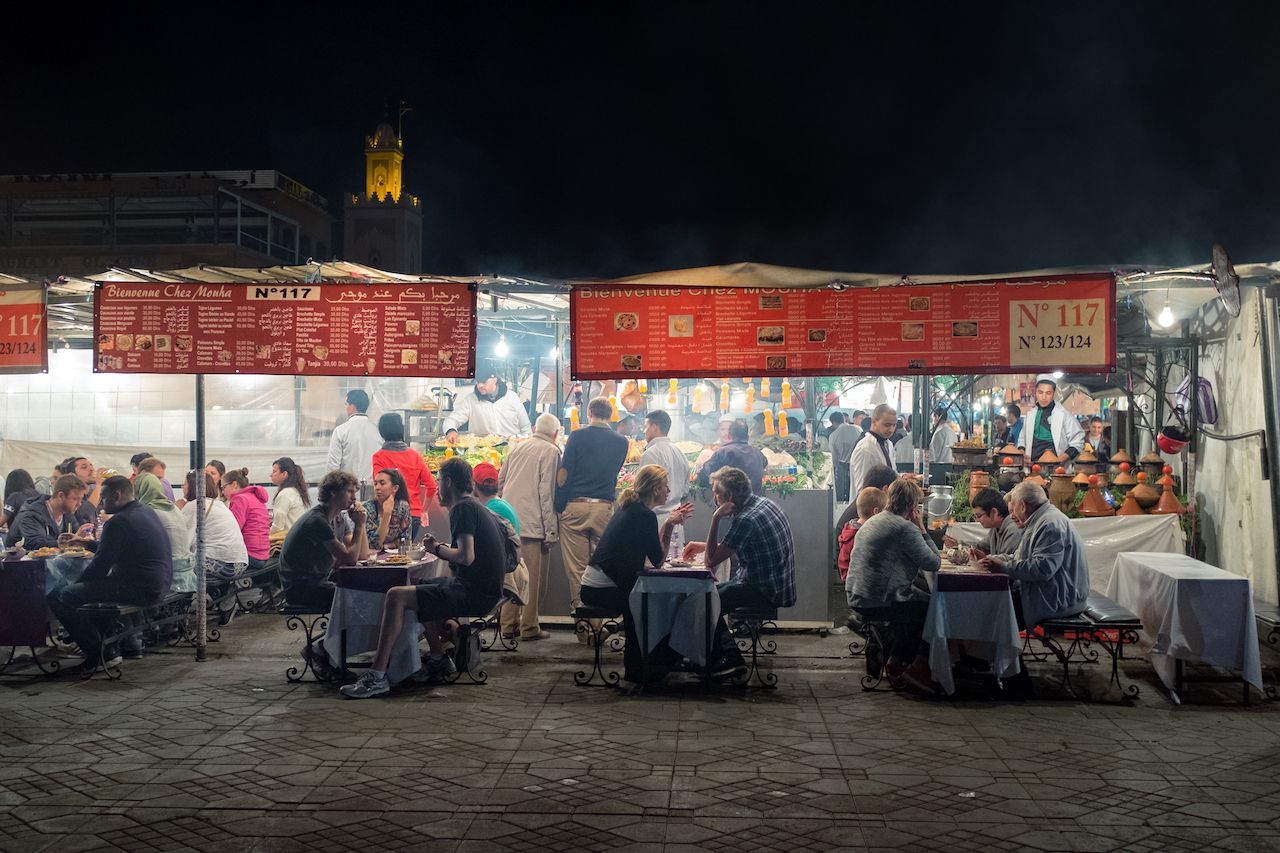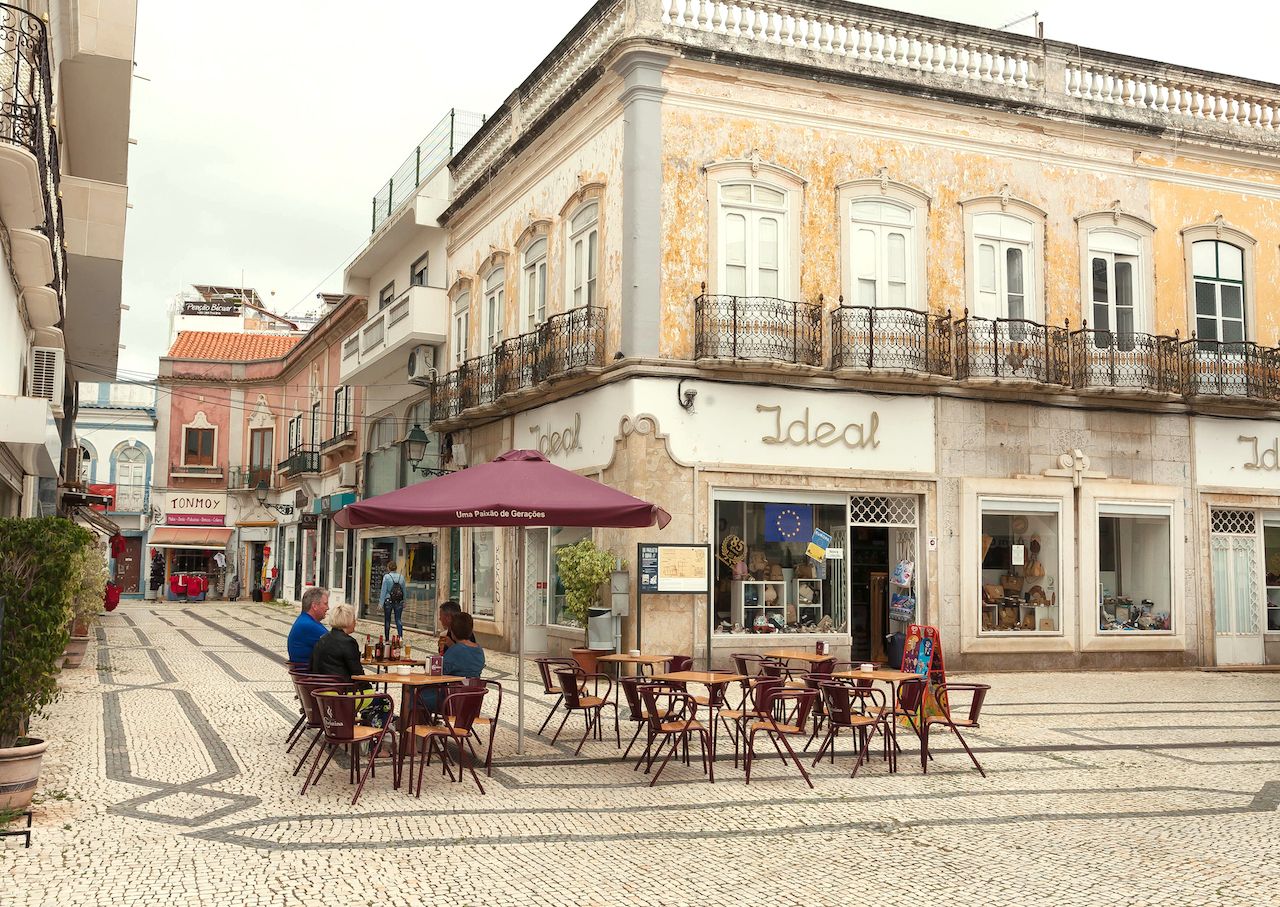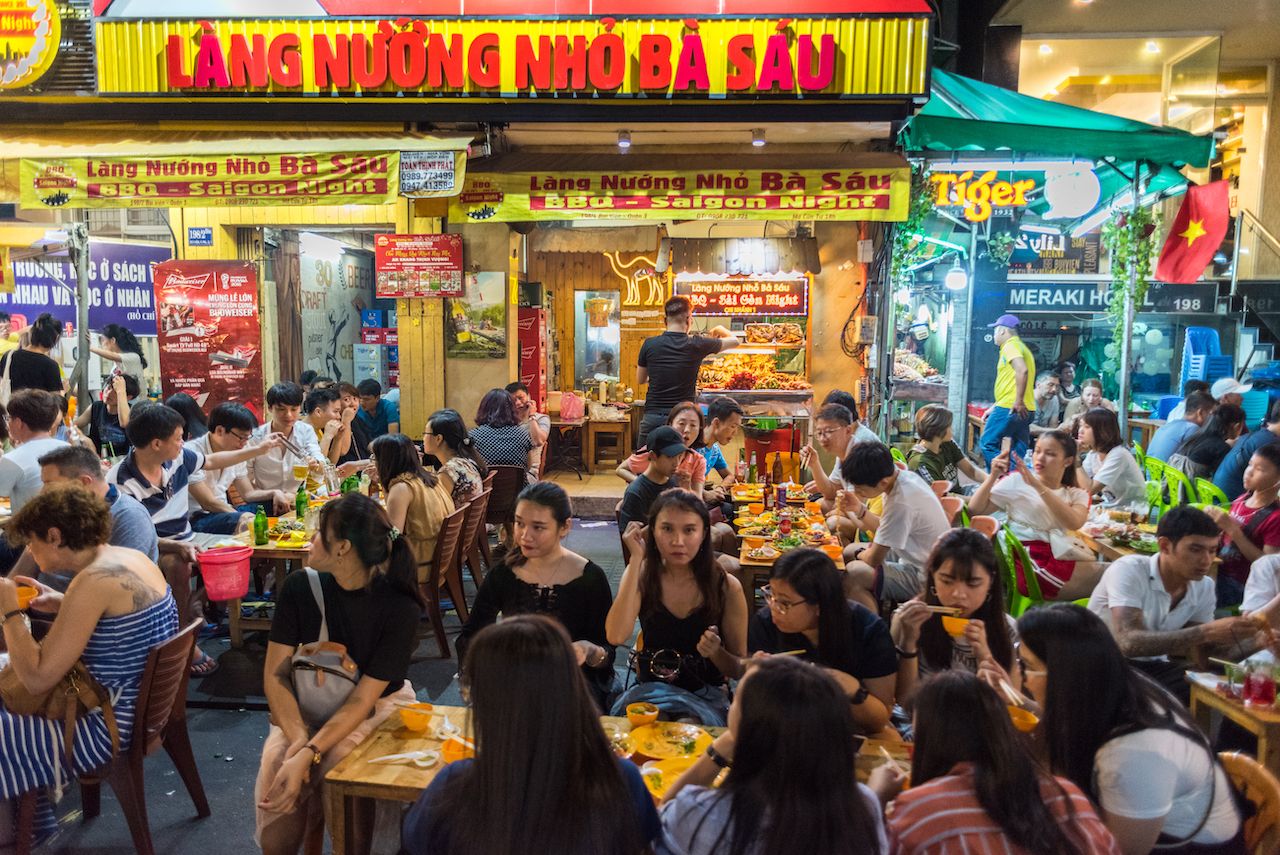Smart travelers arrive in a new place equipped with the country’s linguistic basics. While no one expects tourists to be fluent in every custom and tradition, it’s easier to explore unfamiliar places when you know how to ask simple, straightforward questions. One phrase that can save you a lot of time when eating out: Can I have the check, please?
Food plays an essential role in so many cultures around the world, providing a chance for friends and families to meet, celebrate, relax, and enjoy each other’s company. Being able to deftly navigate a restaurant abroad will elevate your experience. This is how to ask for the restaurant bill in 13 major languages, plus key pieces of restaurant etiquette that’ll give you a foothold in each country’s cultural customs.
